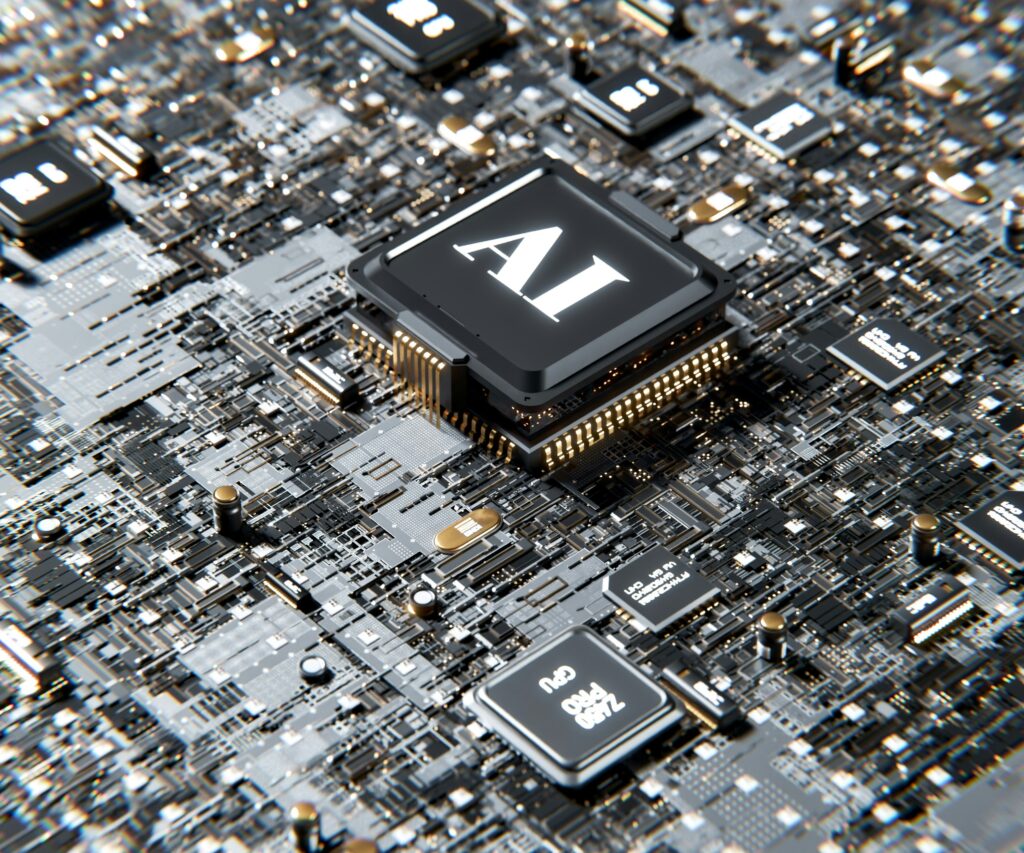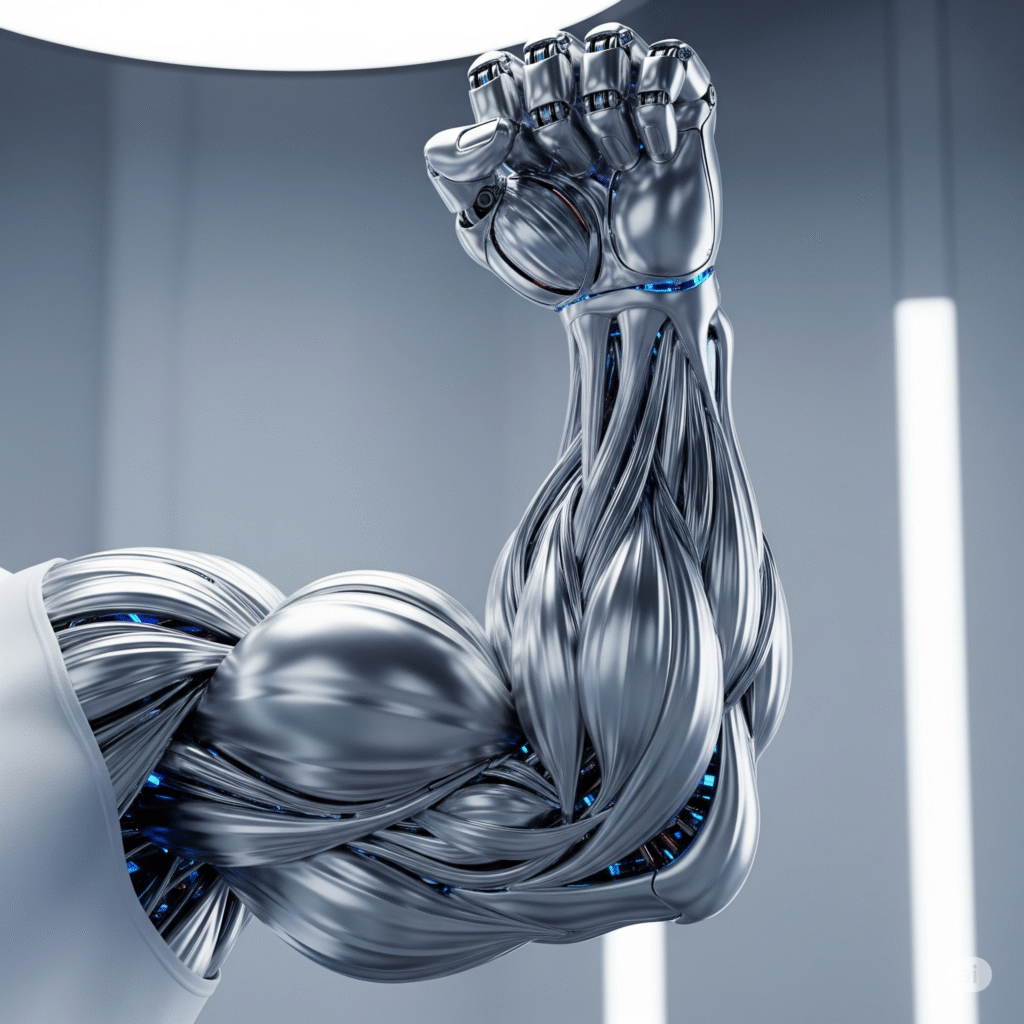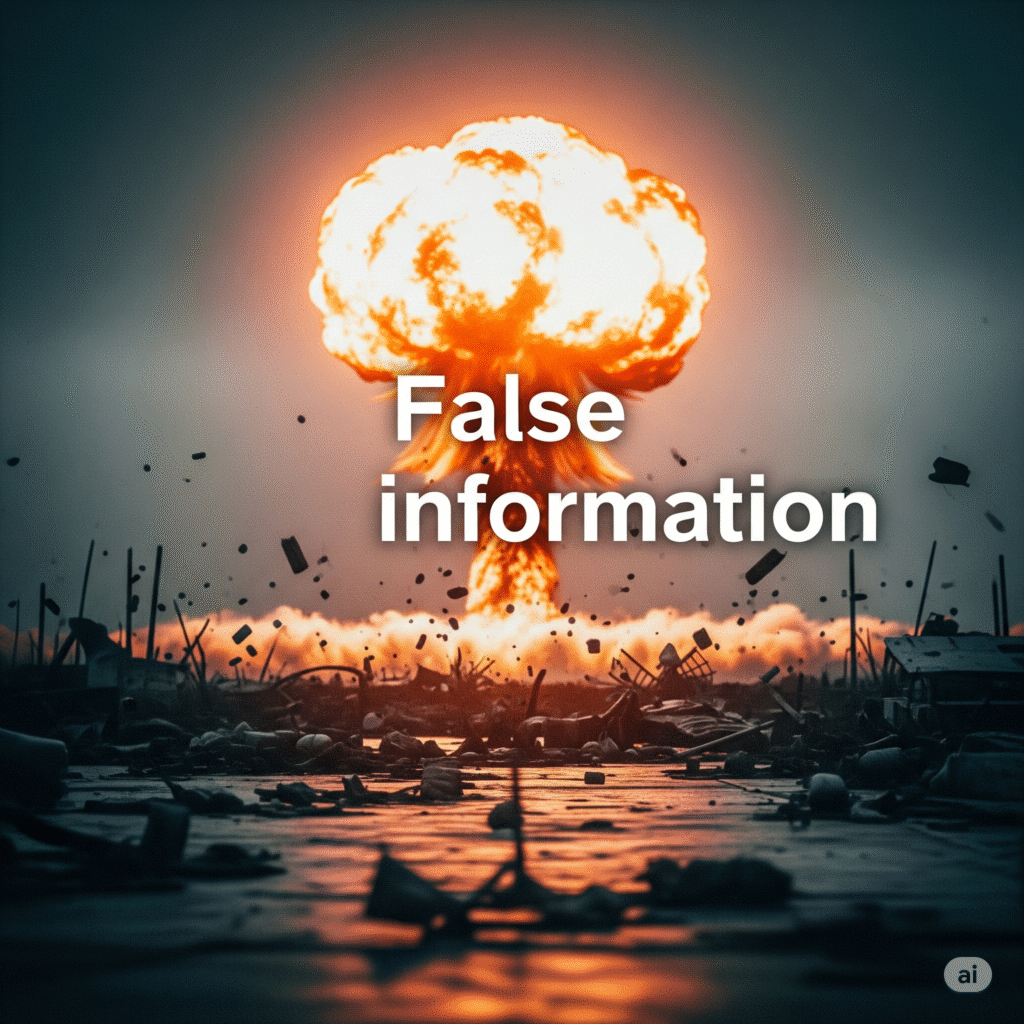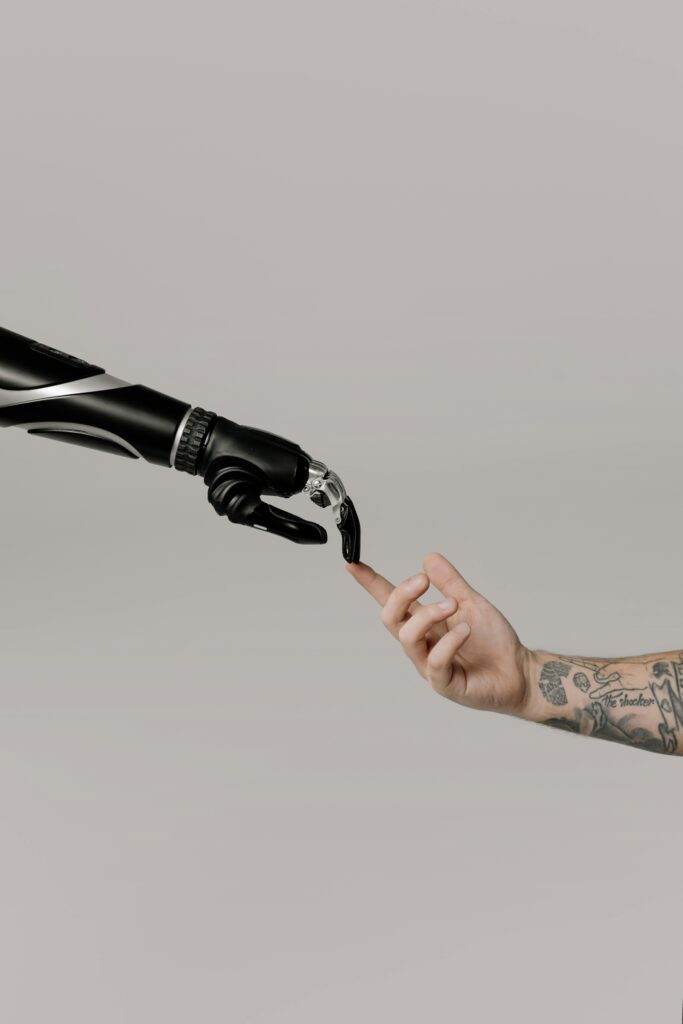
According to recent studies, over 50% of marketers already use AI tools to generate written content, and the number is growing fast.
It was always the human who wrote; let’s say writing has always been a human skill. What they used to do was to fill their content with emotion, creativity, and personal touch. But now, artificial intelligence is reaching the same level of creativity and personalization.
Is it a threatening situation for human writers? Let’s take a look at the battle between AI and human writers in this article.
How do Human Write?

Human writing is all about empathy, authenticity, and engaging content. The things that AI struggles with as there’s nothing truly real or heartfelt about using AI.
In human writing, there is a trend that you will see of asking questions, and they admit when they’re unsure. Most of the time, you will see them:
- Writing several drafts
- Reviewing their work
- Making changes to improve it
During their writing process, they also share the work with the client, they will ask for feedback, and utilize it to make the next version better.
Another great thing about human writing is that they research properly as they get the latest or full information. Writers can also access private or paid content like ebooks or white papers, the things that are important for expert-level writing.
Bright Side Of Human Writing

You will often find human writing building real connections as they are written in a way that feels personal, warm, and empathetic.
- Strong Ethical Values
Human writing also follows strong ethical standards, just like they do:
- Responsibility for their work
- Carefully check facts
- Make content that is honest and reliable.
- Creative Content
Creativity is the essence of a human being, so how can we forget this? Human writers come up with fresh, original ideas based on their own experiences and thinking, not just pulling ideas from past content created by people.
Pitfalls Of Human Writing

While human writing has many strengths, it is not without its downsides.
- More Time And Cost
When a human sits to write content, it takes more time, cost, and energy. Writing content by hand also takes longer and is more expensive than using AI.
- Limitations Of Speed
There is also a limit to how fast humans can work. Unlike AI, human writers can’t produce huge amounts of content quickly, which makes it harder to keep up with high demand.
What is AI Writing?

It is simple that, when a computer program writes a text based on a given prompt, it can be anything as small as a caption for an Instagram post, with the help of artificial intelligence, it will be AI writing.
There are tools that write, and they are trained on large amounts of data that understand how humans write. What can we get written from these tools? Well, they can generate:
- Blog posts
- Emails
- Product descriptions
- Poems
- Scripts
- Songs
For Example:
Let’s understand it through an example. You can give an AI tool a prompt like:
“Write a social media caption for a new coffee shop.”
You can expect an AI tool to answer you like:
“Sip, relax, and recharge — your new favorite coffee spot just opened in town! ☕✨ #CoffeeLovers”
Now, you can change the prompts as per your writing needs. Just be creative and experimental for it.
Strengths of AI writing

Do you know that humans can make mistakes, just like with the wrong use of wording, or they can simply change style, but a machine is beyond all of this. Let’s discuss more strengths of AI writing.
- Speed
The biggest advantage of AI is its speed. Do you know that AI can only take 16 minutes to write and even publish a blog? This can be counted as a peak of efficiency in terms of speed, and if you are by any chance in a businesses that need to publish often, you are going to thrive.
- Personalize content
AI has a competency that enables it can create personalized content for you. Just think about a topic, “Top 5 places to look in 2025.” This is a simple topic, now what AI can do with it is to make content that is personalized for students, tourists, and investors.
That means AI can create content for different audiences and easily handle more work as demand grows, without losing quality.
Shortcomings Of AI

AI has its benefits, but relying only on it for content isn’t always a great idea. There are some real downsides you should know about:
- Unverified and False information
We can’t solely rely on AI-generated content, and why? Because AI can literally make things up just to fill in the blanks, that’s a clear way to wrong or misleading information.
Can you imagine if you are reading a blog that is on how to reverse your obesity, and later on, you find out that the writing was utterly gibberish? This is undoubtedly a risky work, especially when accuracy matters a lot.
- Too Similar Content or Repetition
Another potential weakness a too generic content that is found almost on every store, that means on every website. As you know, AI learns from existing data, so it is natural that it will create content that’s too similar to what’s already available on the web.
This can hurt originality and cause problems with search engines.
AI vs Human: Comparison Table

| Criteria | AI Writers | Human Writers | Who Wins? |
| Speed & Scalability | Can produce thousands of words in seconds and scale instantly across formats. | Requires more time per article and is limited by physical/mental bandwidth. | ✅ AI |
| Creativity & Original Thought | Limited to patterns, lacks deep abstract or emotional creativity. | Offers unique storytelling, voice, and fresh angles rooted in experience. | ✅ Human |
| Cost Efficiency | Low long-term cost once deployed; no salary or benefits. | Requires fair compensation, especially for skilled professionals. | ✅ AI |
| Fact-Checking & Accuracy | Can hallucinate or misrepresent facts without real understanding. | Better at understanding context, nuance, and verifying details. | ✅ Human |
| Consistency & Tone Control | Can maintain consistent style and tone once trained. | May vary tone or voice depending on mood or client brief. | ✅ AI |
| SEO Optimization | Quickly optimizes for keywords, structure, and readability using data. | Understands intent better but needs time for keyword research and structure. | ✅ AI |
| Empathy & Emotional Depth | Simulates emotion, but lacks lived experience and genuine empathy. | Can connect with readers emotionally through authentic experiences. | ✅ Human |
| Adaptability to Complex Topics | Struggles with deeply niche or evolving subjects without proper prompts. | Can research, interview experts, and synthesize complex information. | ✅ Human |
| Plagiarism Risk | May inadvertently produce content similar to its training data. | Writes from scratch; plagiarism risk is lower with ethical practices. | ✅ Human |
| Editing & Rewriting Skills | Rewrites quickly but lacks judgment for nuanced edits or style refinements. | Expert at revising for tone, clarity, and brand-specific voice. | ✅ Human |
| Legal and Ethical Judgment | Follows programmed constraints but may still generate problematic content. | More reliable in navigating sensitive topics and ethical storytelling. | ✅ Human |
| Learning & Improvement | Learns from datasets, but can’t reflect or improve without retraining. | Continuously evolves through feedback, experience, and self-reflection. | ✅ Human |
Final Thoughts: It’s Not a Battle – It’s a Collaboration
So, who wins? Now, it depends on many factors. What kind of content do you need, and what level of personalization do you demand, and how well is your AI trained? The perfect way is the balance of both. You get some ideas by doing your research and refining is using the AI.
Maybe you can collect the data, prompt the AI to organize it, and turn it into a required piece of writing. Edit, add, or remove as you need, and done.
So, what do you prefer for your pitches these days and what works best for you?

